Prop. 18 Seeks to Let 17-Year-Olds Vote in Primaries
Photo By Joseph Bender
Junior Naomi Piper-Pell speaks in favor of Proposition 18 to the Assembly Elections and Redistricting Committee in June 2019.
October 6, 2020
A proposition on the ballot this November seeks to allow some 17-year-olds to vote in primary elections.
If approved by voters, Proposition 18 would amend the state constitution of California to allow 17-year-olds who will be 18 years old at the time of the next general election to vote in primary and special elections.
California would join 18 other states, including Kentucky, Utah, and Mississippi in doing so.
The proposition began life in the state assembly as Assembly Constitutional Amendment 4, which was sponsored by Kevin Mullin (D-San Mateo). He presented it as a way to allow young voters to begin voting in a full election cycle.
“This has strong potential to boost civic participation amongst California’s youth voters, a demographic that is very underrepresented when it comes to voter turnout,” said Mullin. “We need more of California’s youth represented at the ballot box. Given that voting is habit-forming, Prop 18 will also create more life-long voters by encouraging our youngest voters to participate as soon as they are eligible.”
Primary elections in California take place in March, eight months before the general election in November. In the primaries for offices other than president, if any one candidate wins more than 50 percent of the vote in the primary, they automatically win the election. Otherwise, the two candidates with the most votes face off in the November election.
Jason Chen, the Governmental Affairs Policy Director of the California Association of Student Councils, which endorsed the proposition, said that the inability of some young voters to participate in the primaries hampered their ability to express themselves in the general election.
“The general election is always a diametrically opposed ballot that has been narrowed down by the primaries, said Chen. “Usually, the primary election is much more about the nuances and intricacies of political platforms and policy, requiring a much more engaged voter population to narrow it down. As 18-year-olds are voting in elections, many of them have to settle for candidates that they did not have the ability to choose, negatively impacting their participation in democracy.”
Because the US Constitution does not set a minimum voting age, the individual states have the power to set the voting age for their residents, although the US Constitution does forbid states to set their voting age above 18.
Junior Naomi Piper-Pell testified in support of the amendment in front of the Assembly Elections and Redistricting Committee in June 2019. Speaking to the Mirada, they said that 17-year-olds were responsible and engaged enough to vote.
“17-year-olds who turn 18 by the month of November, when general elections are held, already have a lot of experience with the ‘real world’: many have jobs, pay taxes, experienced or are about to experience loans and banks,” said Piper-Pell. “Many adults argue that 17-year-olds couldn’t educate themselves enough to be properly informed, but in all honesty anyone is capable of reading a voter guide or Google searching an issue or a candidate.”
The only group registered in opposition to the proposition is the Election Integrity Project California, a group devoted to “helping to defend the integrity of the voting process that protects our freedoms and way of life.” In a statement, the group claimed that 17-year-olds would be unlikely to be able to cast an informed and independent vote.
“17-year-olds are legal minors,” said the statement. “Under that definition, they are still considered children. They are almost all still living at home and under the strong influence of their parents. This is not conducive to independent thought and voting without undue pressure from their immediate superiors.”
The EIP-C also signed an open letter to President Trump in July alleging that “using the COVID cudgel, progressives in all states are pushing for election procedures that will forever remove the true voice of the American people from their government,” without citing evidence for this dubious and controversial claim.
Their Sacramento Valley office did not respond to a request for comment.
Danielle Joesten Martin, associate professor of political science at Sac State, said that the impact of the amendment, if it passes, would depend on how many 17-year-olds take advantage of their ability to vote.
“If a high percentage of newly eligible 17-year-olds participate in primary elections, it is possible that the candidates who advance to the general election would reflect their policy preferences,” said Martin. “But only if they participate.”


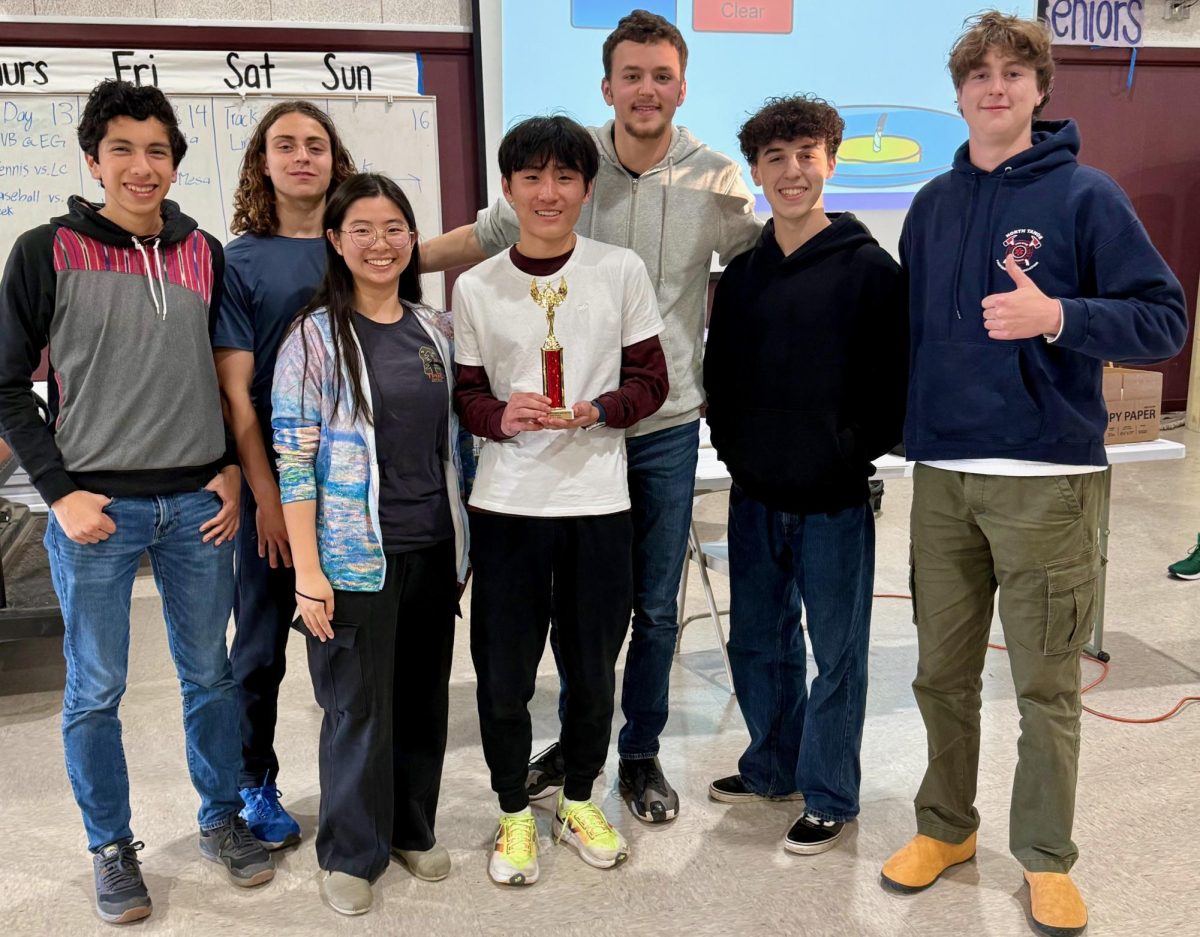
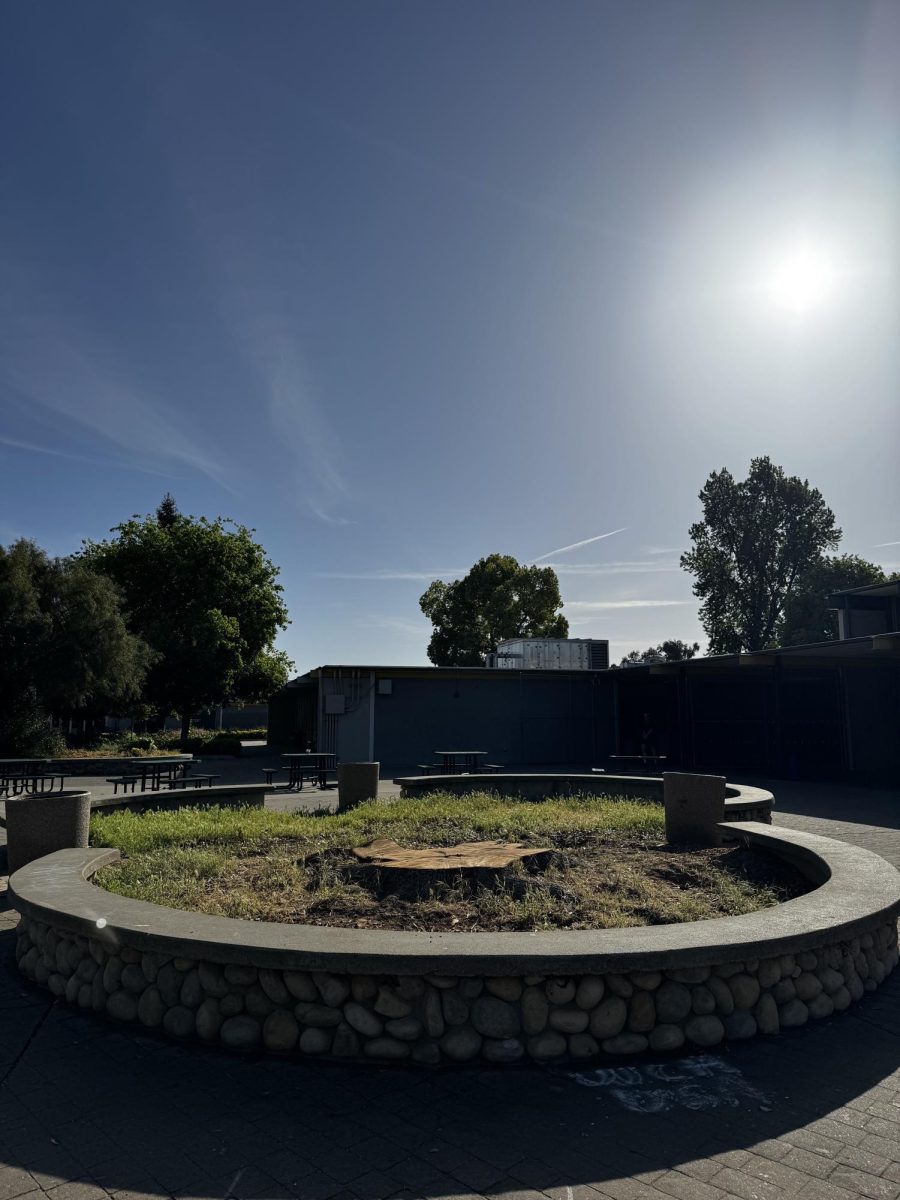
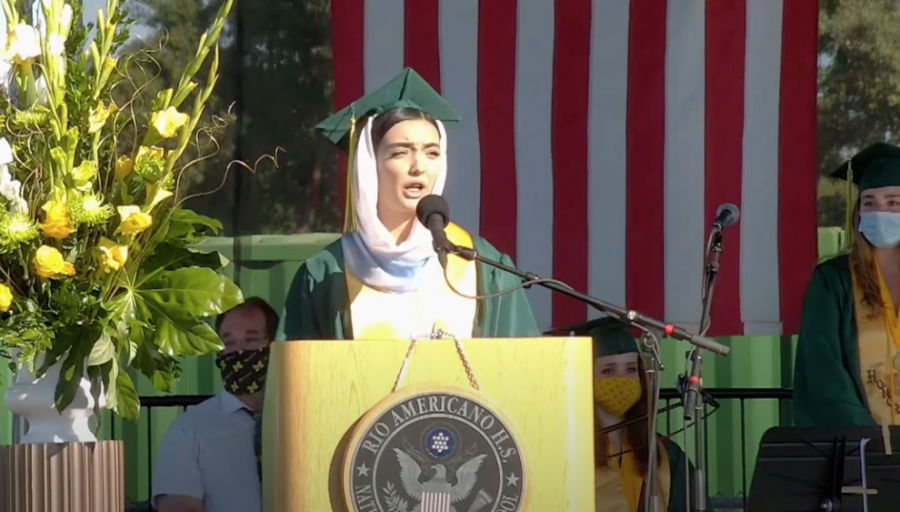
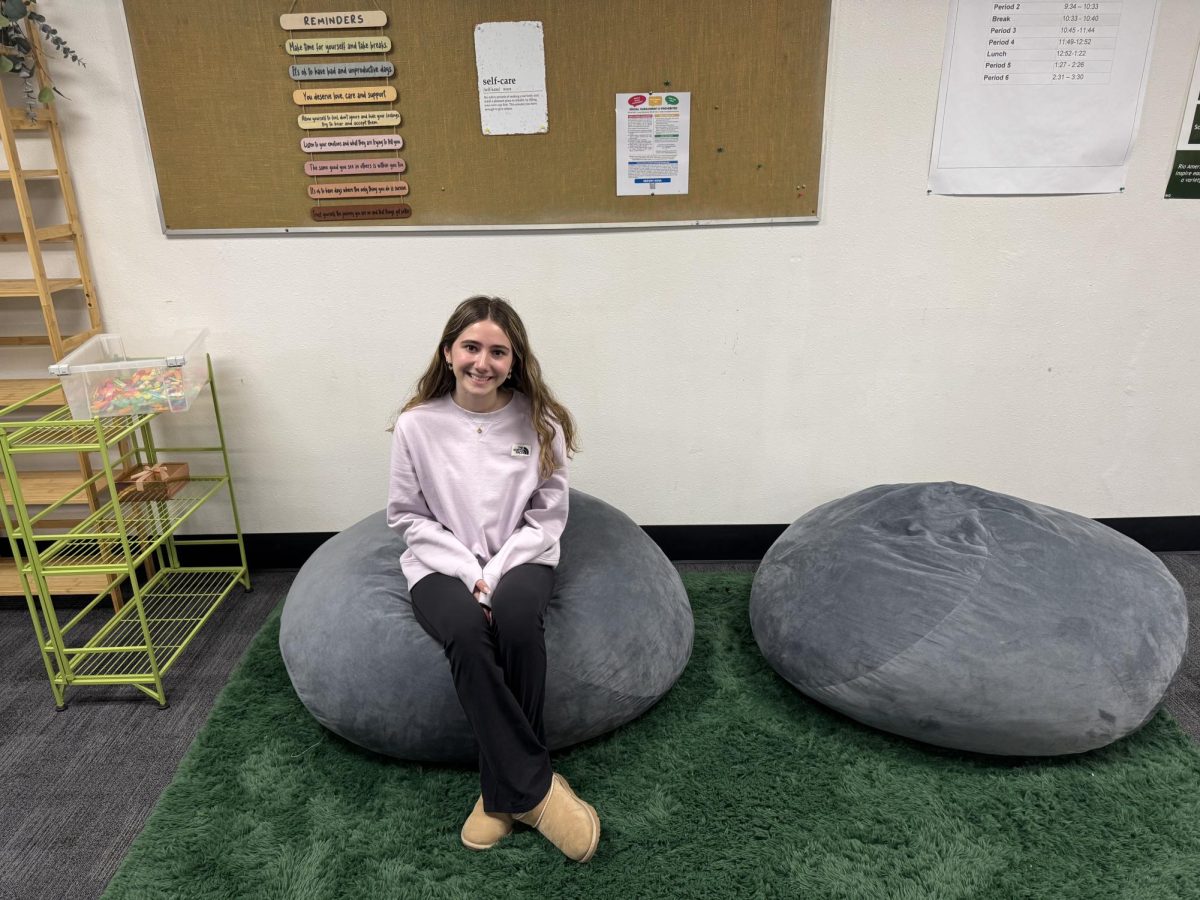
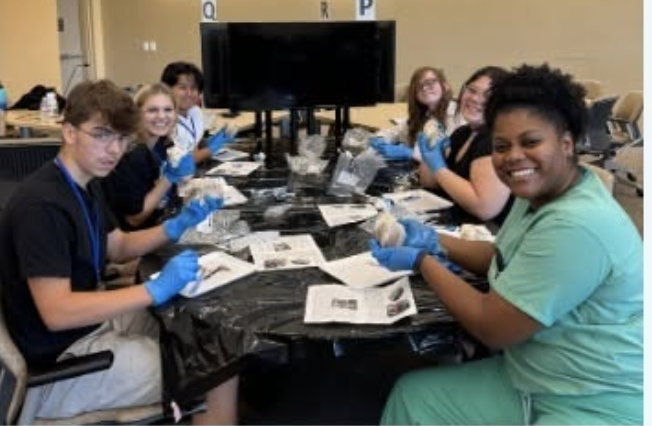











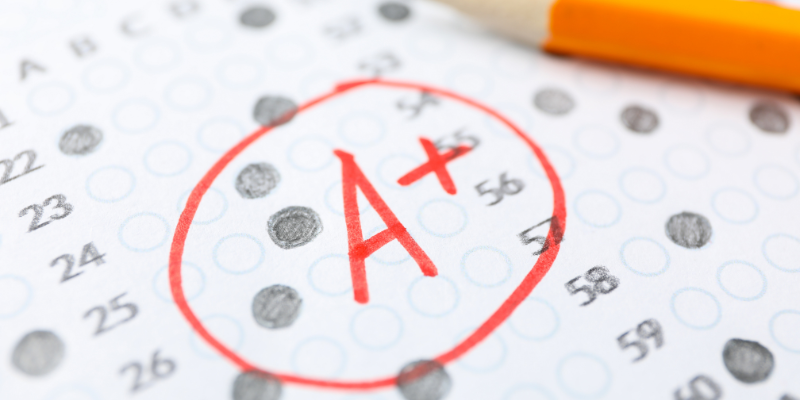
















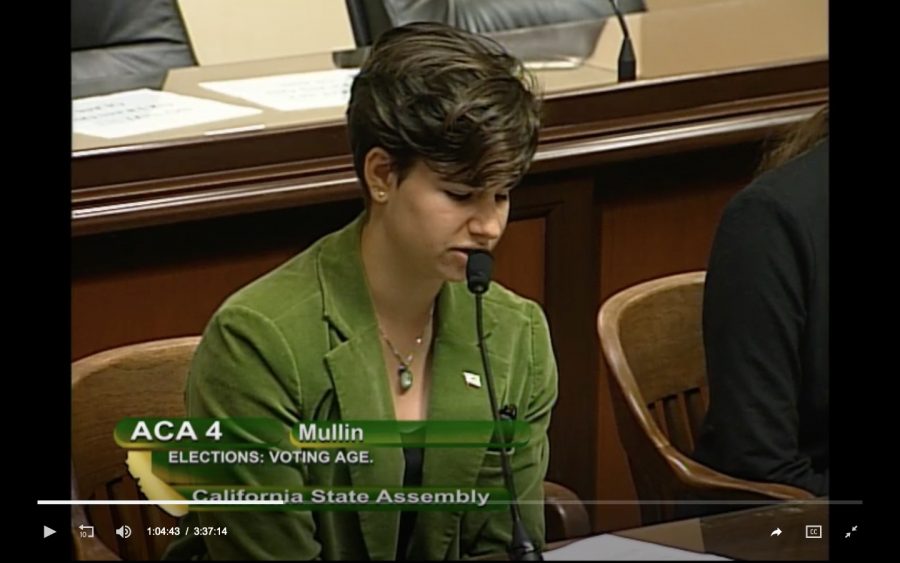

GraceAnn Lesser • Nov 2, 2020 at 2:11 AM
I agree that 17 year olds who will be 18 by the time if the election are responsible enough to make decisions and cast a vote, considering the other responsibilities they are taking on such as driving and getting ready to live on their own. However, my one reservation is that most 17 year olds live in their parents’ house, making them easily persuaded to make a decision simply because of pressure from their parents’ beliefs.
Gregor Herda • Nov 1, 2020 at 10:58 PM
In general, I believe if you are that young you are not yet able to make as good of a decision as you could. For me, the issue has less to do if a 17-year-old can make an informed decision and more with there brains have not fully formed yet making them more impressionable They may be able to do all the research they think is right on the candidate but their decision will still be more heavily swead by there parents celebrity teachers or any other role model they might have compared to people of an older age. having this pass would effectively make another vote for whoever they look up to because their brain is not developed enough to make a good decision.
Dean Dudzik • Oct 27, 2020 at 9:13 PM
This a hard issue to speak on with definitive surety. On the one hand, I agree with Piper-Pell that many 17-year-olds are entirely capable of casting informed votes and yearn for the ability to have a hand in the government that dictates so much of their life. However, I wonder what percentage of young people will simply vote as their parents do, and effectively give a greater vote to the 35-60 year old demographic of people who have 17-year-old children. Though on the other hand again, how can a person who works a job, drives a car, and has a bank account have no say in the government that regulates all those activities? Quite a conundrum.